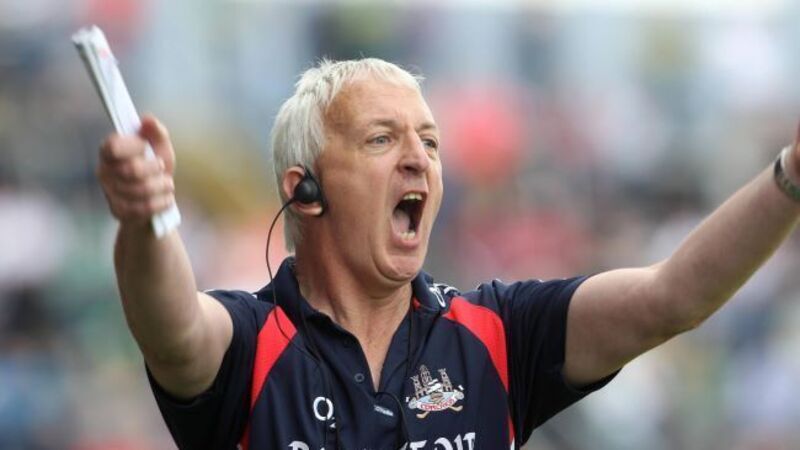Cork need more than a new coach

On the trains and roads south, Cork’s football community — such as it is — delved into sentence-joiners and prepositions as if underachievement was something they’ve only stomached since 2007, when the Aghada man took charge.
One All-Ireland title later — “there’s an awful lot of counties would love to have one”, Counihan argued — Cork again finds itself in top-table company but undermined by its systematic failure to grasp what’s required to keep them there.












